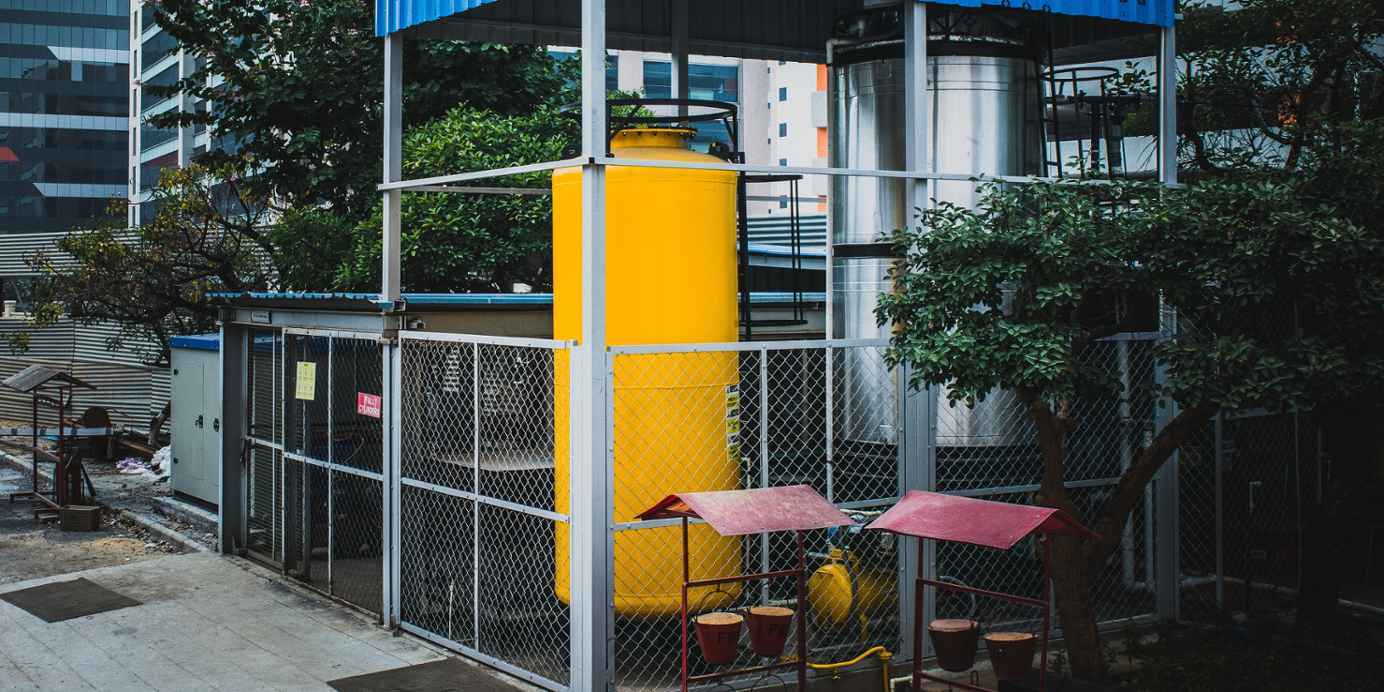GPS was founded in 2012 by Mainak Chakraborty and Sreekrishnan Sankar with the ambition to tackle two pressing problems: the rapid growth of ‘wet waste’ in India’s (semi-)urban areas and energy poverty in rural areas. They successfully developed the BioUrja, a state-of-the-art modular biogas plant, which collects organic waste (e.g. food leftovers) and transforms that into biogas at source. The first BioUrja plant was installed in Bangalore in 2013 and by now, GPS has installed over 100 small and medium-sized biogas plants across India, Bangladesh and Sri Lanka.
Caspian’s Investment Director Ravi Narasimham: “GPS Renewables’ business model and sustainable solutions address the need for organic waste management challenges faced by urban establishments. Given the extensive experience of the promoters in the bio-energy and AI technology spaces, and their business acumen, we trust that the company is well on its way to becoming a pioneer in the clean energy tech space.”
GPS’ waste-to-energy solutions cater to various sectors, including hospitality, educational institutions, corporate and industrial clients.
Sagar Thakar, Senior Investment Officer at Triodos IM: “With their innovative approach GPS leads the way to a circular economy. Biogas is a renewable resource with a continuous production-and-use-cycle and generates no net carbon dioxide. Furthermore, only 20% of the overall waste is recycled in India, which worsens the problem of landfills and results in additional transportation costs to dump this waste. Captive biogas plants allow the biodegradable waste to be treated at the source of waste origination and meet 10-30% of the in-house energy or gas consumption.”
India’s new waste management regulations are a key driver for the market to further develop at a rapid pace, as they require organic waste to be treated segregated and paid for when disposed.
Karel Nierop, Fund Manager Hivos-Triodos Fund: “If global food waste was a country, it would be the third largest greenhouse gas emitter after the US and China. GPS can play a disruptive role in South Asia and beyond with their waste management solutions to mitigate climate change. We are very happy to co-invest with our longstanding partner Caspian and help grow GPS further.”
Explore how Hivos-Triodos Fund contributes to the development of inclusive, sustainable food value chains to ensure that small-scale farmers also benefit.



